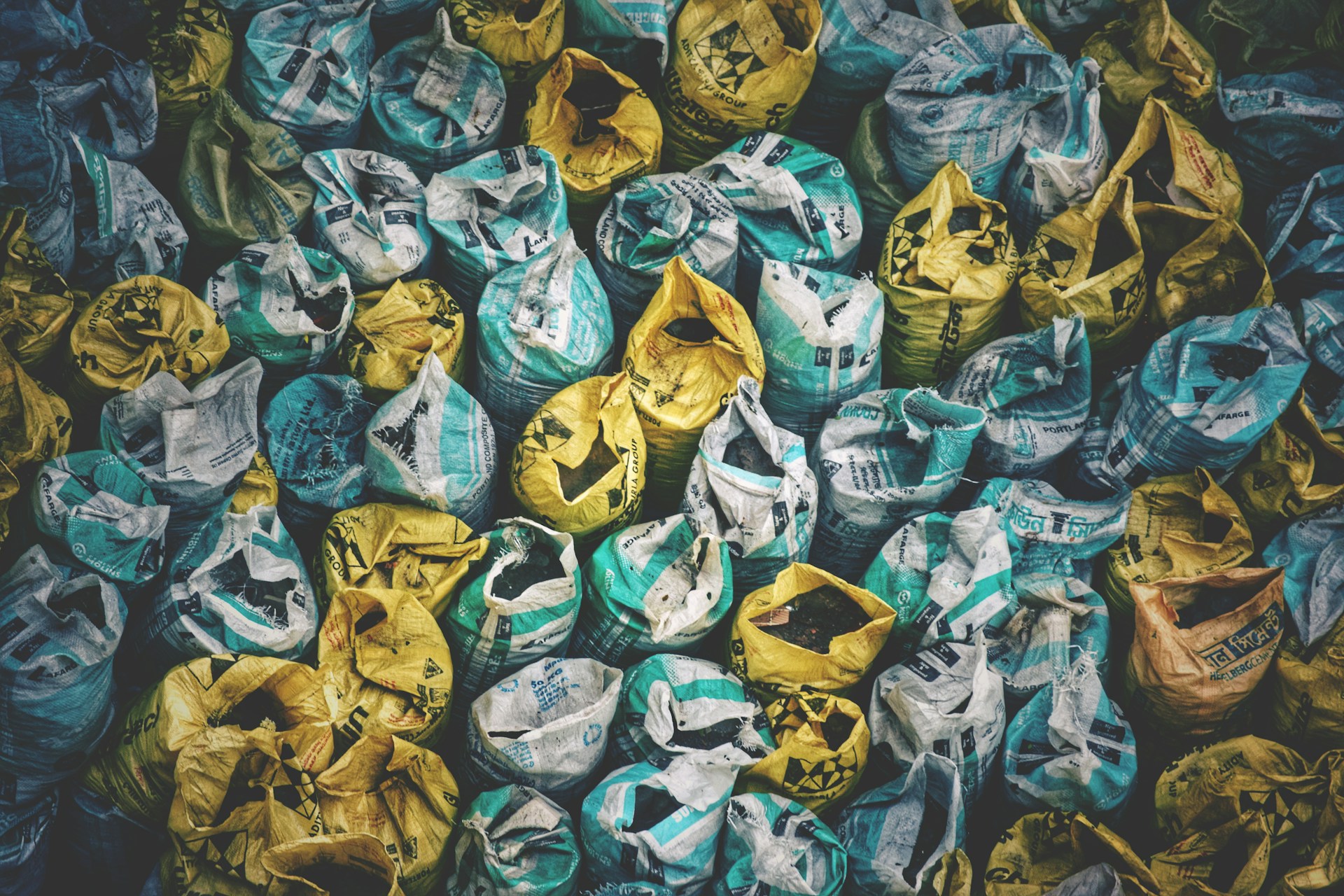Introduction
Living a zero waste life means trying to produce as little waste as possible. Our world is full of trash, and this can harm the environment. By choosing a zero waste lifestyle, you can help protect nature and save resources. In this guide, we will talk about how to start living with less waste, tips and tricks to follow, and why it’s important.
What is Zero Waste Living?
Zero waste living is a way of life where you try to avoid making trash. This means reducing the things you throw away and reusing items instead of buying new ones. The goal is to make as little garbage as possible. It’s a big challenge, but it can make a huge difference for our planet.
Why is Zero Waste Living Important?
1. Protecting the Environment
Trash, especially plastic, can pollute our oceans, rivers, and lands. Animals can get hurt or die from eating or getting tangled in waste. By reducing our trash, we help protect wildlife.
2. Saving Resources
Many items we throw away can be reused or recycled. By using things longer, we save the natural resources needed to make new products.
3. Reducing Pollution
Making new items uses energy and creates pollution. By reusing and recycling, we can cut down on this pollution.
4. Saving Money
When you buy less and reuse more, you save money. You can also save by making your own products at home.
How to Start Your Zero Waste Journey
1. Evaluate Your Trash
Look at the trash you make in a week. What do you throw away most? This will help you see where you can make changes.
2. Set Goals
Start with small, achievable goals. For example, try to reduce your plastic use or start composting food scraps.
3. Learn the 5 R’s
- Refuse: Say no to things you don’t need.
- Reduce: Cut down on what you use.
- Reuse: Use things again instead of throwing them away.
- Recycle: Recycle items that can be recycled.
- Rot: Compost food scraps and other organic materials.
Practical Tips for Zero Waste Living
1. Reduce Single-Use Items
Single-use items like plastic bottles, straws, and bags create a lot of waste. Here are some ways to avoid them:
- Bring Your Own Bag: Use a reusable bag when you go shopping.
- Say No to Straws: Drink without a straw or use a reusable one.
- Carry a Reusable Bottle: Avoid buying plastic bottles by carrying your own water bottle.
2. Shop Smart
- Buy in Bulk: Buying in bulk reduces packaging waste.
- Choose Glass or Metal: Glass and metal containers can be reused.
- Avoid Plastic Packaging: Look for products with minimal or no plastic packaging.
3. Cook at Home
- Plan Meals: Planning meals helps reduce food waste.
- Use Leftovers: Get creative with leftovers instead of throwing them away.
- Compost Scraps: Compost vegetable peels, coffee grounds, and other food scraps.
4. Personal Care and Cleaning
- Make Your Own Products: You can make toothpaste, deodorant, and cleaning supplies at home with simple ingredients.
- Use Bar Soap: Bar soap often comes with less packaging than liquid soap.
- Buy Refillable Products: Look for stores that offer refills for items like shampoo and cleaning supplies.
5. Clothing and Fashion
- Buy Second-Hand: Thrift stores and online resale sites have great options.
- Repair, Don’t Replace: Fix clothes and shoes instead of buying new ones.
- Choose Quality: Invest in quality items that will last longer.
6. Travel and Transportation
- Use Public Transport: Buses, trains, and subways reduce individual car use.
- Carpool: Share rides with friends or colleagues.
- Bike or Walk: These are the most eco-friendly ways to travel.
Advanced Zero Waste Tips
1. Zero Waste Kitchen
- Use Cloth Towels: Replace paper towels with cloth ones.
- Store Food Wisely: Use glass jars and containers for storage.
- Grow Your Own Food: Start a small garden for vegetables and herbs.
2. Zero Waste Bathroom
- Switch to a Safety Razor: Safety razors reduce plastic waste.
- Use a Menstrual Cup: This is a reusable option for women.
- Choose Bamboo: Bamboo toothbrushes and other items are more eco-friendly.
3. Zero Waste Office
- Go Digital: Reduce paper use by going digital.
- Refillable Pens: Use pens that can be refilled.
- Eco-Friendly Supplies: Look for recycled or sustainable office supplies.
Benefits of Zero Waste Living
1. Healthier Lifestyle
Less processed food and fewer chemicals can lead to a healthier life. Making your own products also means fewer harmful substances.
2. Community Building
Many zero waste activities can help build community. For example, you might join a local gardening group or a community swap meet.
3. Inspiring Others
By living a zero waste lifestyle, you can inspire others to do the same. Your actions can create a ripple effect, encouraging more people to make changes.
4. Personal Satisfaction
There is a great sense of accomplishment in reducing your waste and living more sustainably. It feels good to know you are making a difference.
Challenges and How to Overcome Them
1. Finding Alternatives
It can be hard to find zero waste alternatives. Research and ask others in the zero waste community for tips.
2. Cost
Some zero waste items can be expensive upfront. However, they often save money in the long run. Consider it an investment.
3. Time and Effort
Making your own products and planning ahead can take time. Start slowly and build up your habits.
4. Social Pressure
Friends and family might not understand your choices. Explain why it’s important to you and try to find common ground.
Conclusion
Zero waste living is a journey, not a destination. Every small step you take makes a difference. By following the tips in this guide, you can start reducing your waste and living more sustainably. Remember, it’s about progress, not perfection. Keep learning and adapting, and enjoy the benefits of a healthier, happier planet.


